The Federal Housing Administration (FHA) requires lenders to follow certain guidelines when issuing mortgages to qualified buyers. In addition to meeting credit standards, applicants must also meet the following criteria:
- Have a good credit history
- Be able to make payments on time
- Provide proof of employment
- Have enough money saved up for a down payment
- Make sure there is sufficient equity in the property
These requirements help protect both borrowers and lenders. If a borrower defaults on his or her mortgage, the government steps in and takes over the loan. This protects lenders against losses caused by defaulted loans. However, it also makes it harder for people to buy homes because they don’t have access to financing.
FHA Loan Down Payments
An FHA loan requires a down payment of 3.5%, but there are ways around it. If you don’t want to put up the full amount upfront, you can use gift aid to pay off part of the mortgage. You’ll still need good credit, though, and you’ll have to meet certain income requirements.
FHA Mortgage Insurance
The FHA offers loans insured by the Federal Housing Administration. They are considered safe because the federal government backs the lender against losses up to 110% of the home purchase price. However, there are some downsides to the program.
An upfront mortgage insurance premium is required.
FHA Loans And Credit Score
The Federal Housing Administration (FHA) offers low-down-payment financing options to qualified applicants. These are known as “conforming” loans because they meet certain requirements set by the government. You must have a credit history and income to qualify for conforming loans.
A good credit score will help ensure you qualify for an FHA loan. If you don’t have enough cash saved up for a 20% down payment, you might want to look into an FHA loan. This type of loan requires 3.5% down, making it easier to obtain.
If you decide to apply for an FHA loan with a co-borrower, make sure both parties agree to the terms before signing anything. If one party backs out, the entire deal could fall apart.
DTI stands for debt-to-income ratio. It measures what portion of your monthly income goes toward paying off your debts.
You can find out your DTI by looking at your credit report. To do this, go to www.annualcreditreport.com. Once there, select the option to check your credit report.
Purchase vs “Refinance”: How Much Does Mortgage Rate Matter?”
If you want to refinance into a fixed-rate mortgage, your credit score matters because it affects the amount of interest you pay. And if you’re buying a home, your credit score helps determine whether you qualify for an FHA loan.
Your credit score also plays a role in determining your ability to obtain financing. For example, a lower score could make it difficult to qualify for a conventional loan. On the flip side, a higher score might help you qualify for an FHASingle Family Housing (SFH), which offers borrowers a chance to repay their loans over a shorter period of time.
FHA Streamline
We explain what it is, why it works, and how to apply.
The Federal Housing Administration (FHA) offers borrowers the opportunity to refinance into a lower rate while keeping their home. This is called an FHA Streamline Refinance Mortgage.
If you are looking to buy a home, we recommend getting pre-approved for a loan. Pre-approvals ensure you know exactly what type of loan you qualify for and what your payment amount will be.
A common misconception about FHA mortgages is that they require less documentation than conventional mortgages. In fact, most FHA lenders do require some form of verification of employment and income. For example, many employers provide proof of income to employees via W2 forms. If you don’t receive a W2 form, you can ask your employer for one.

